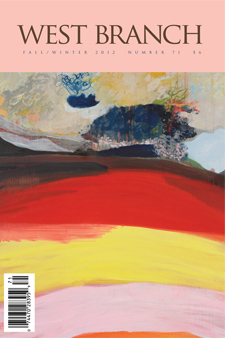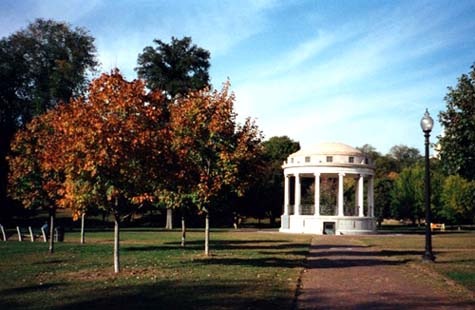The Best Story I Read in a Lit Mag This Week: “Wake Turbulence” by Laurie Ann Cedilnik
As a recent transplant to New York from Arizona, I’ve been a little obsessed with place lately—about what the landscapes of home show us when we live inside them versus when we’re removed, what happens when we start seeing our surroundings as more than just background noise—so I was delighted to come across Laurie Ann…







